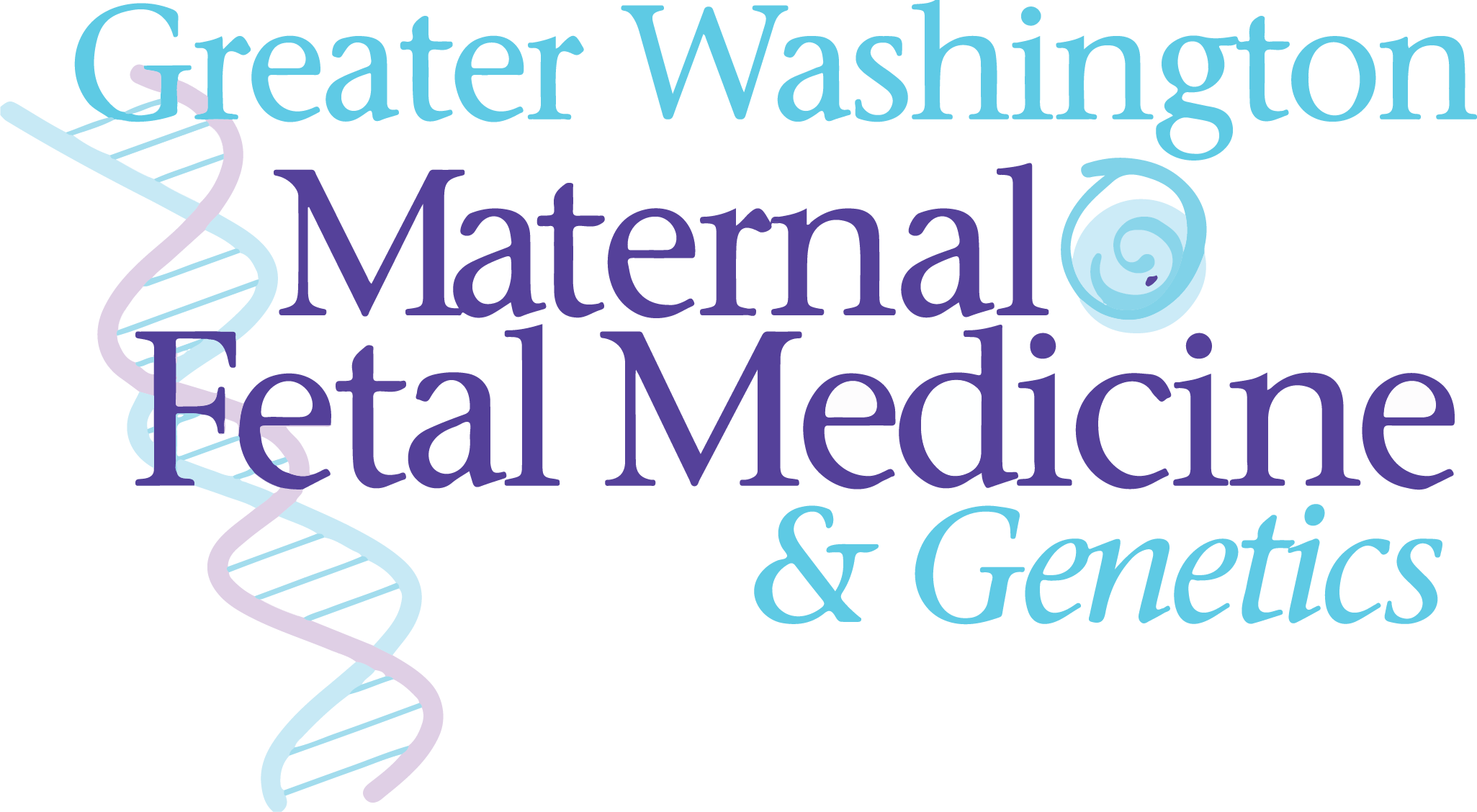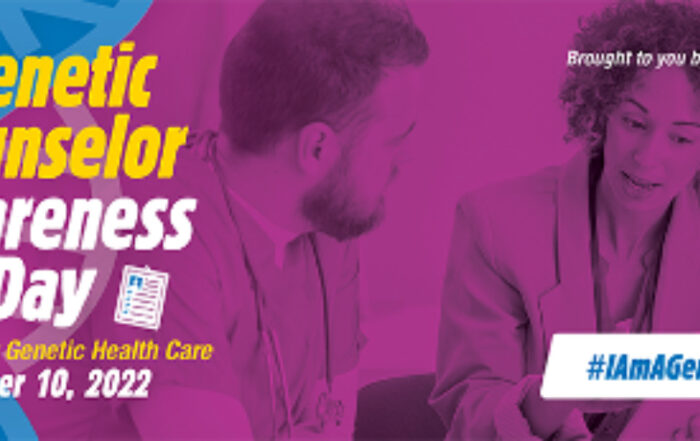There’s No Shame in Seeking Care for Pregnancy After or During Known Substance Exposure
June 21, 2022

Expectant and new parents have a lot on their plates: managing all of the changes in their bodies as their new babies grow, handling all of the surprises that pregnancy sometimes brings, becoming physically and emotionally ready for the birth as well as caring for a newborn and herself after giving birth. Sometimes parents-to-be also have other challenges to face that are not frequently discussed or addressed like substance use during or after pregnancy. But expectant parents need to hear that there is no shame in seeking care for pregnancy after or during known substance exposure.
Why Some People Delay Help
Sometimes parents-to-be delay or avoid getting needed medical care because of reluctance to address known or suspected substance exposure during the pregnancy. Most people understand that doctor-patient privilege means what a patient tells her doctor is private information. But some individuals resist getting medical care for themselves during pregnancy or during the postpartum period because they fear legal punishment for revealing their substance use or exposure. Pregnant individuals may feel ed the doctor-patient privilege won’t protect them or they might face legal penalties.
The American College of Obstetricians and Gynecologists (ACOG) stance demonstrates that health care providers encourage pregnant individuals to seek care and treatment for maternal and fetal well-being without the fear of punishment for doing something that might impact the health of their developing fetus. Understandably, individuals who have had substance exposure while carrying a pregnancy might avoid medical care for fear of being penalized; however, ACOG opposes any practice or policy that criminalizes behaviors that affect pregnancy Medical professionals and their supporting organizations like ACOG know that penalizing a new or impending parent for substance exposure doesn’t help her through her substance use or abuse issue.
What Does the Law Say?
If you are pregnant or have recently given birth, it’s always a good idea to know what the law actually says regarding substance exposure so you can feel comfortable seeking the medical care that you and your baby need even if you have had substance exposure. Only 8 states require health care providers to test pregnant individuals they suspect of substance exposure while more than half of the states require reporting if substance use is suspected. A medical professional’s main goal is to keep you and your baby healthy and safe. Self-reporting substance exposure doesn’t automatically mean you will face legal challenges but it does mean that you and your medical provider will work to find a treatment option, hopefully reducing potential harm for both you and your pregnancy. And, you will continue to have access to standard medical care during and after your pregnancy.
But almost 20 states now have created targeted programs to help with substance use for pregnant people as well as give priority access to treatment programs for pregnant individuals. So, if you have had exposure to substances and need treatment, your health care providers can help you get the treatment you need as well as help you with prenatal or postnatal care to keep you and your baby healthy.
Will it Hurt Me or My Baby if I Skip Medical Care?
The short answer is yes, it could. Being fearful of meeting with your medical care provider is understandable if you think you could get in trouble in some way for substance exposure to you or your pregnancy. Not seeking standard treatment and medical care during pregnancy or post-pregnancy means your doctor might miss out on helping you with:
- regular check-ups to make sure the unborn baby is progressing and growing as expected
- prenatal testing showing gestational diabetes, a dangerous situation for you and your growing baby if not controlled
- pregnancy-related problems that parents may unexpectedly experience like preeclampsia, a life-threatening condition for both if not treated
- well-baby checkups to ensure baby is growing and developing appropriately
- post-birth care for new parents to assist with physical problems that sometimes come with natural and surgical births and to screen for post-partum depression or feeding issues
What Happens When I Disclose Substance Exposure to My Medical Provider?
If you have had substance exposure during pregnancy or after your baby is born, talking about it with your medical provider is a good idea to make sure you continue to get the care you need. While laws vary from state to state, what doesn’t change is that your medical provider is there to help you and your baby. If you talk honestly about your situation with your doctor, they can discuss with you what medical concerns they have for you and your child. They can talk to you about your options and what kind of support you or your baby may need as a result. But they will also continue to provide you with the same necessary medical care you have always received since their priority is keeping you and your baby healthy and safe during and after your pregnancy.
Your obstetric or your child’s pediatric care providers can help direct you to Early Intervention Services for adaptive and therapeutic supports if your child is experiencing any type of motor or developmental delay, regardless if your pregnancy was exposed to a substance. Most families receive these services in-home and often at no cost!
https://www.cdc.gov/ncbddd/actearly/parents/states.html#textlinks
There is No Shame in Seeking Care
If you have had substance exposure in the past, know that there is no shame in seeking care during your pregnancy or after giving birth. Your medical providers can give you the best, most accurate assessments for care and treatment when they know the whole picture, including any exposure you may have had to substances. Medical professionals are trained to understand what a pregnant person is going through during this exciting but stressful time in her life and so they are well-equipped to help you through any situation. But telling them about all aspects of your life that may impact you or your baby is important so they can help you now and in the future. Because quality prenatal and postnatal care is the best gift you can give yourself and your baby.




